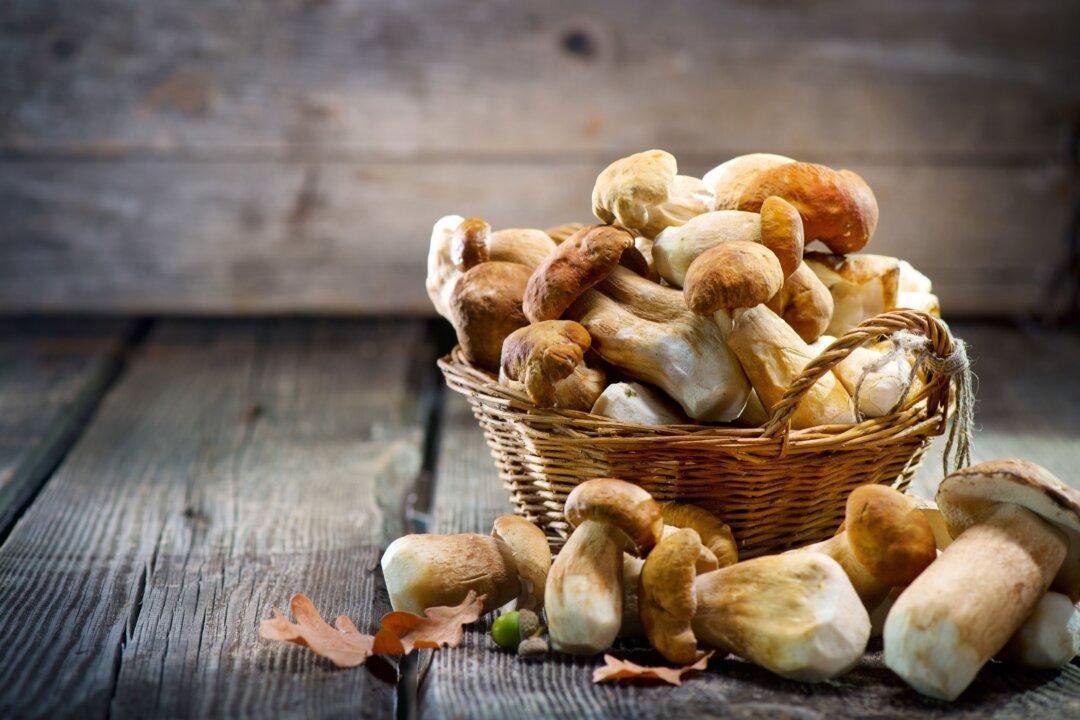SAN DIEGO—University of California researchers announced on Nov. 12 that they, together with colleagues from other institutions, are assessing whether medicinal mushrooms and Chinese herbs can provide therapeutic benefit in treating acute COVID-19 infection.
This research study, “Mushrooms and Chinese Herbs for COVID-19” (MACH-19), is a multi-center effort led by the University of California–San Diego (UCSD) and University of California–Los Angeles, along with the La Jolla Institute for Immunology. It is among the first to evaluate these medicines using a randomized, double-blind, placebo-controlled clinical trial.





